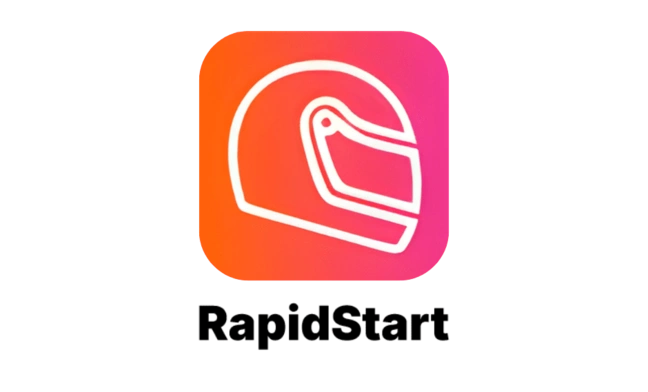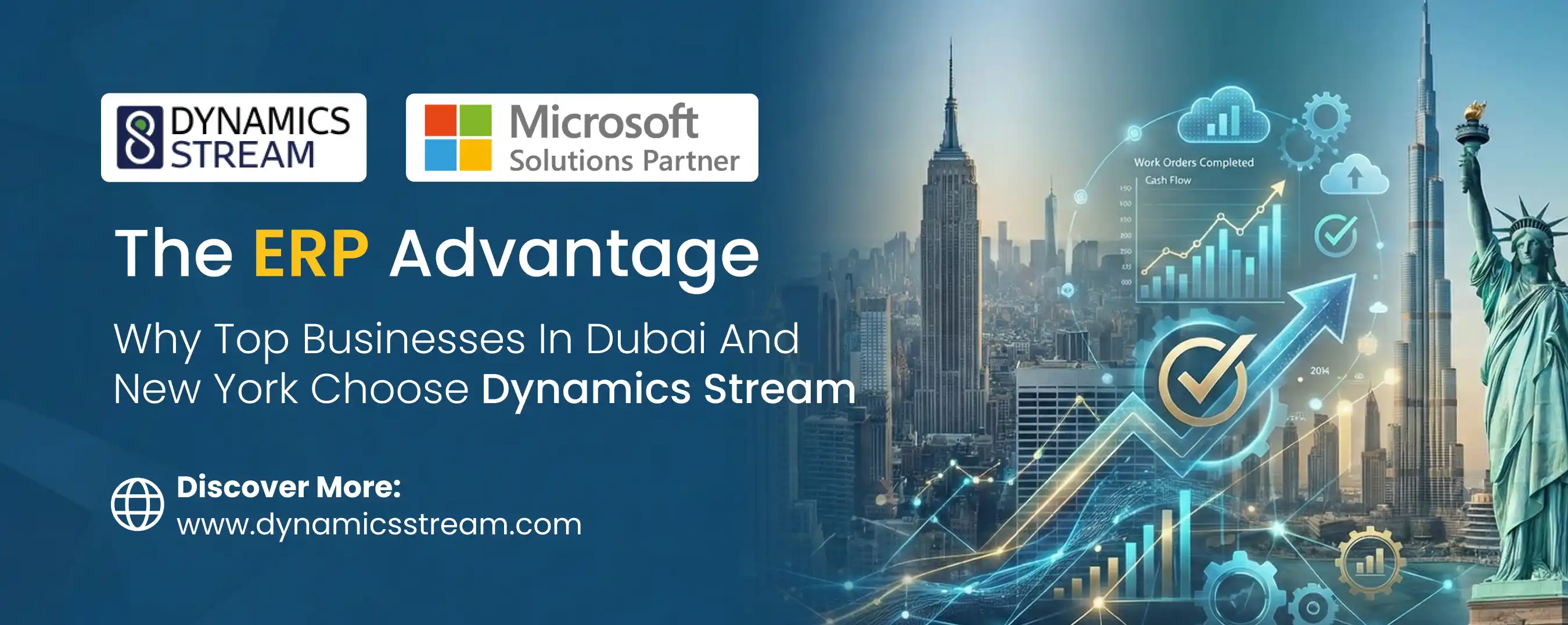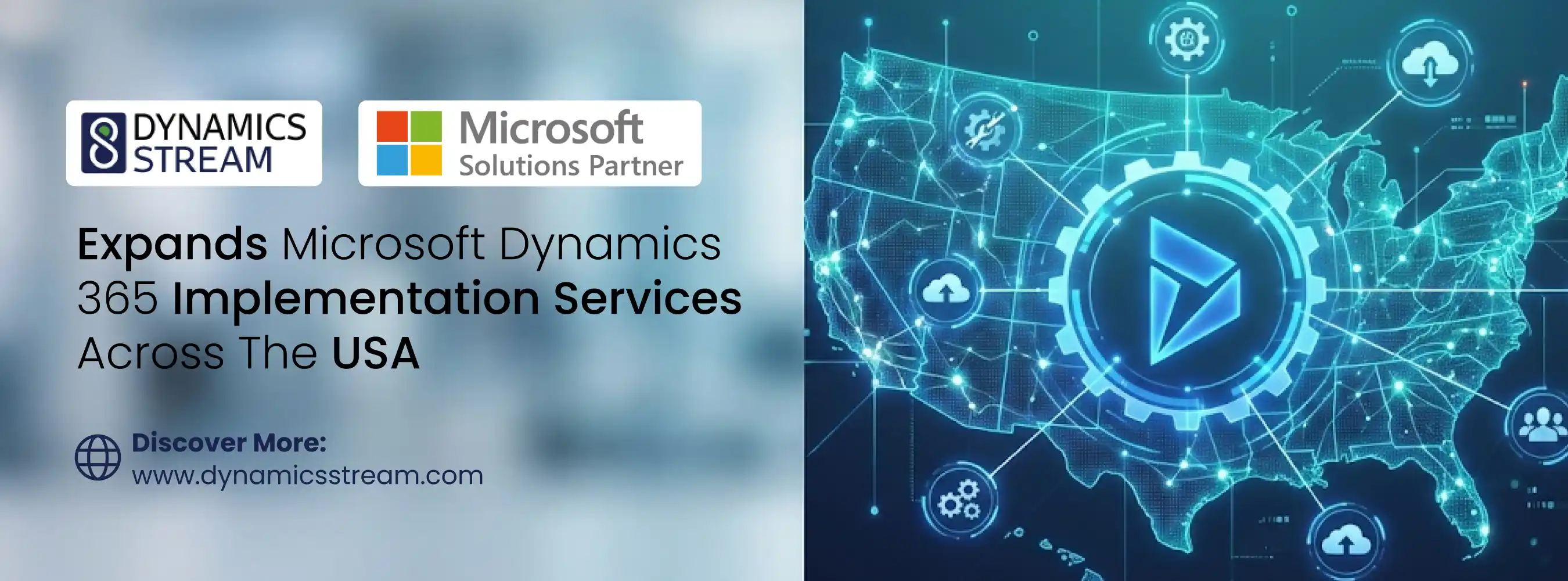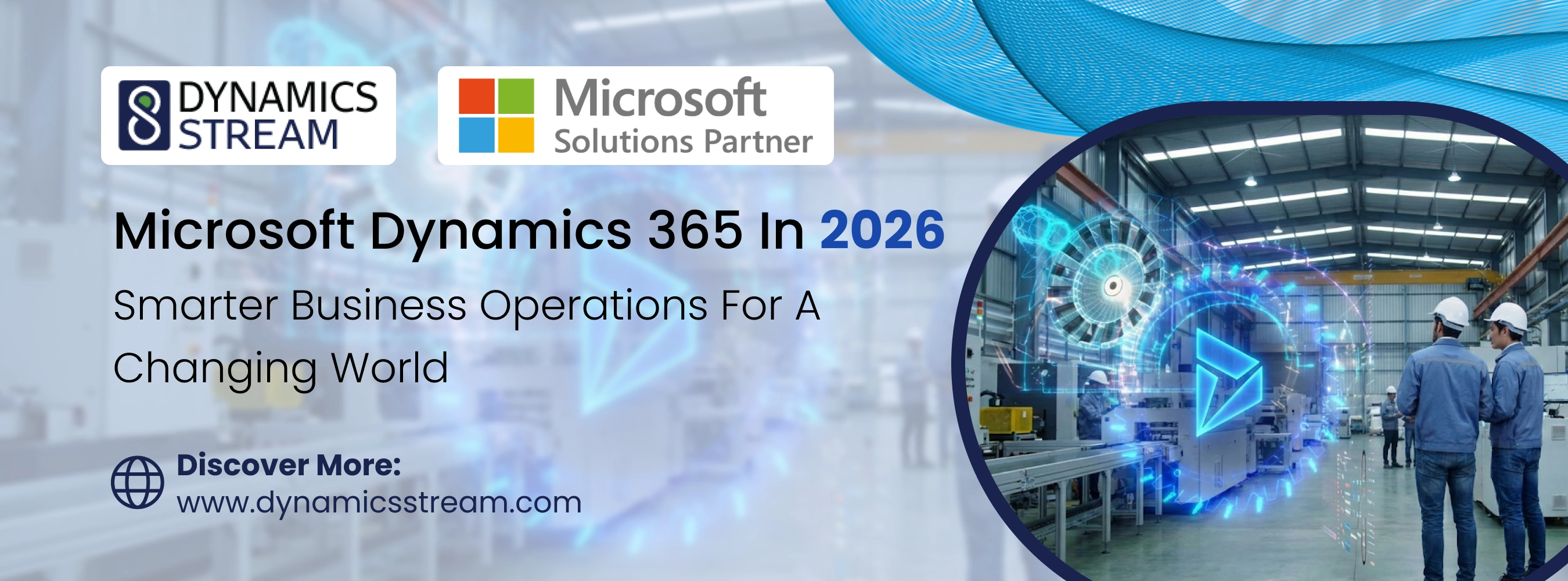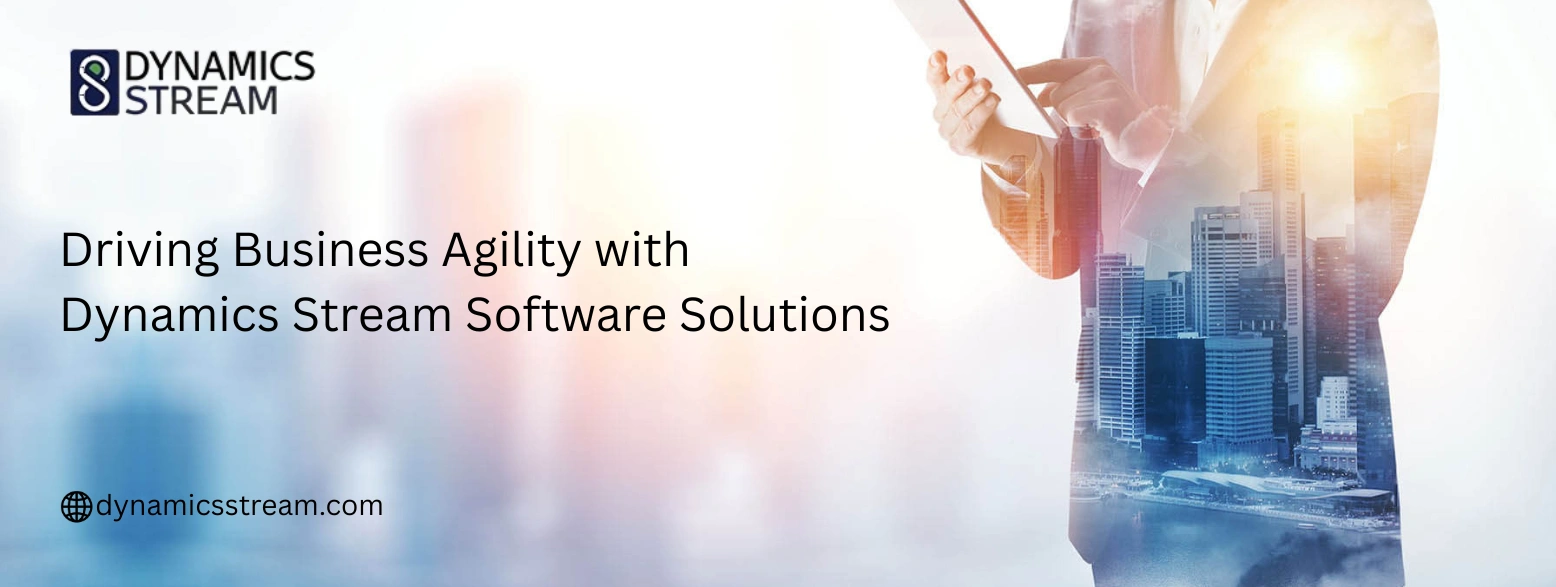- Blogs
- Case Studies
- White Papers
Latest news on use of IoT in Enterprise Business Softwares - ERP

Not so long ago, the Internet of things meant anything to most people and now they are unable to escape the buzz surrounding Internet of Things. To simply put Internet of Things extends internet connectivity to devices not just desktop, smartphones and computers. In fact billions of devices, anywhere in the world.
Now take an example of a smartphone where you use it to turn on/off thermostat at your home. These applications are used in regular life, but in business world the Internet of Things has taken important implications both for ERP and CRM software range. The launch of Dynamics 365 has taken Microsoft Azure IoT suite and business application IoT integrated data to a new level. This could be helpful to your business in many ways. While the list is endless you might be interested in IoT enabled devices already in use.
• Phone apps that allow you to print photos via Social Media
• Smartphone-based check-ins at hotel rooms
• Microchips in pets, in case they ever run away or get lost
• Wi-Fi and Internet-enabled vehicles Owing to this scenario many businesses are adopting newer technologies; Internet of Things is expected to be the next big movement in technology. And its use in Where does Dynamics 365 fit into this picture? Dynamics 365 & Azure IoT Suite comes with connectors that can be configured with your LOB applications and device data. This is helpful for your business in many ways. Companies that use this software give decision makers and employees a complete view of daily operations. Take an example where field service leverages the power of IoT.
How is IoT is used with the ERP system?
Let us take an example of ERP and manufacturing, where IoT is integrated with ERP. Let us see how it improves the system’s efficiency and make it flexible, intelligent and real-time.
• As IoT is integrated with ERP the production efficiency increases with the use of automated RFID (Radio Frequency Identification) sensors in production machines. This minimizes the manual input of data in the software database.
• By reducing the human interaction with machines, the manufacturing process becomes leaner. Manufacturers receive warnings and notifications about their process and also respond accordingly.
• The entire raw material to finished product chain added with IoT gives stability in monitoring and triggers functional state progress. Practical examples of this process are machine time measurement, product failure alarms, mechanical alarms, material handling measurement and much more.
Now let us take a look of a real-life example, where a manufacturer receives a customer order requesting delivery within three weeks. The benefits of IoT in ERP are that it automatically converts and schedules the production jobs. So at every process, the manufacturer receives the updates about the status. This information is accessible to all users and the company can get the real-time inventory and work in progress material accuracy. This is just an example of how IoT enables more visibility. From here the possibilities are endless.
From here the possibilities of IoT in the ERP world are endless. Get in touch with our consultants to know how IoT can benefit your organization.
Share with
Give us your details.
We’ll get in touch.
Rabik Raja
Director Sales and Account Management
Mahmoud Mohamed
Dynamics 365 Sales Specialist
Our Readings





